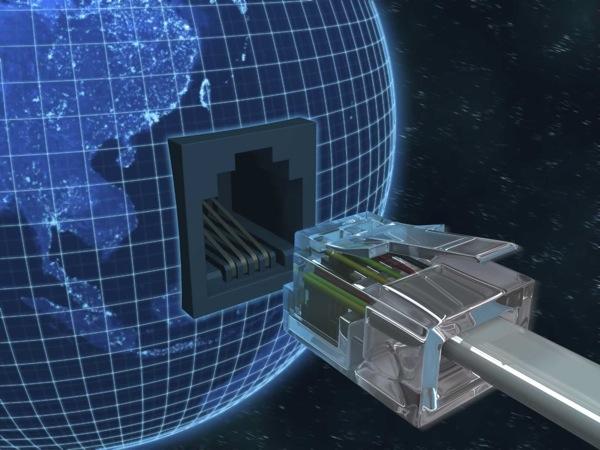

| Introduction Network Access Network Learning Network Society Network Economy Network Policy Off Shoring References Authors |

Trinidad and Tobago has made significant progress the last decade in improving its technical infrastructure and Internet access to all citizens. The Fast Forward program, which ran from 2003 to 2008, was focus primarily on connectivity and was intended to provide access to the internet for the entire country. While the program did result in widespread availability of telephone lines and cellular service throughout the country, and improved availability of alternative solutions such as DSL and cable services in highly populated areas, overall usage of computers and the internet remain quite low. The Fast Forward II program kicked off in August of 2010. This program is focused on “usage and uptake” of ICTs by the citizens and businesses of Trinidad and Tobago. The goal is to bring the country into the computer age through training and increased accessibility. Fast Forward II is still in the early stages, so it is too soon to determine what practical or policy changes it may drive. Telecommunications
Regulation (Stage 2) The vast majority of circuits for both voice and data services in Trinidad and Tobago are installed by government owned companies, particularly Telecommunications Services of Trinidad and Tobago (TSTT). In recent years, they have made great progress in delivering analog connectivity to all homes and businesses in the supported areas. This includes much of the country except for the most remote rural areas.
A number of vendors have emerged in recent years offering
services to homes and businesses, but in nearly all cases, they still rely on
TSTT’s existing infrastructure. At the
end of the day, the vendors are simply just reselling services and/or offering
additional support and options to the homes and businesses. The majority of the real competition in
telecommunications for Trinidad and Tobago is in the cellular market, where
there are many vendors offering competitive packages at a range of price
points. ICT Trade Policy (Stage
2, approaching stage 3) Through policies related to the Fast Forward, Fast Forward II, and Vision 2020 programs, the government of Trinidad and Tobago has at least stated its intentions to open up the ICT markets to competition and to encourage foreign investment. Most of the current available information, however, indicates that this is happening slowly where it is even happening at all. Since there is no real technology manufacturing currently in place for the country, nearly all computer equipment is imported. The customs process can sometimes take a prohibitive amount of time (again, there are attempts ongoing to improve the process). Customs and duties for imports in Trinidad and Tobago can add up quickly. They include import duties, an import surcharge and a value-added tax (VAT). The VAT is assessed at 15% of the value of the goods PLUS the other duties and taxes already assessed. |